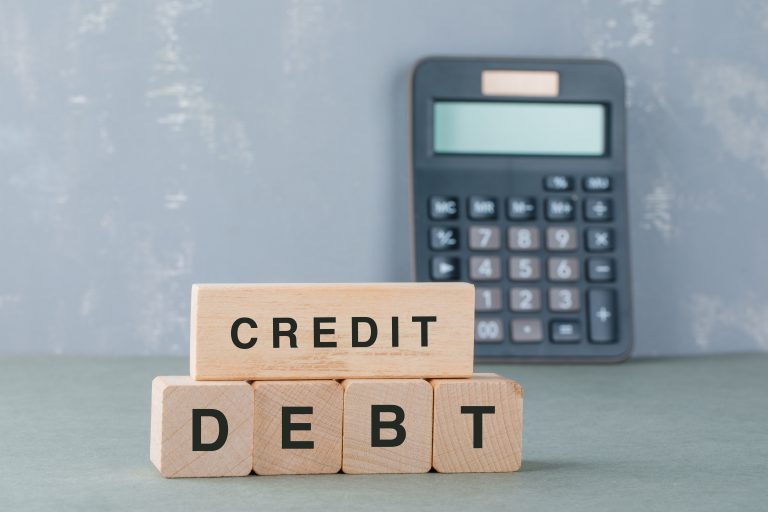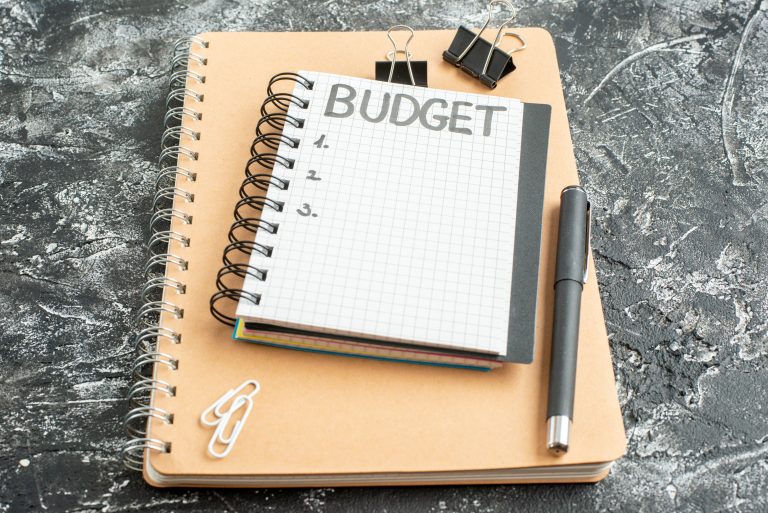Regularly putting money aside for savings is a real struggle for many people. However, the fact remains that managing your personal finance to save money benefits you at the end of the day.
That being said, trimming your expenses is much easier said than done. Here are time-tested and simple ways to save money to help you reach your savings goals!
Creating a budget
The first step to save money is to create a budget. To create a budget, you must first figure out what your net income really is.
To find your net income, take the total money that you make and subtract expenses like income tax and pretax contributions. In other words, your net income is the amount of money you receive and can actually spend. You might be surprised what your actual net income really is after deductions!

Figuring this out gives you a realistic idea of how to spend your hard-earned money. It also provides you a better picture of what a feasible savings plan looks like.
It is recommended to follow the 50/30/20 budget. This plan calls for a 50% allocation to necessities, 30% to wants, and 20% to savings. If you find yourself spending more on one allocation, then make some adjustments to follow the formula.
You can think of your budget as a spending plan. Just because you have decided to save money does not mean you are quitting spending altogether. When you stick to a budget, you are simply choosing your financial goals over careless spending.
Tracking spending
The next step to start saving money is to track your spending. You need to identify the things you spend the most money on to see where you can cut back. For example, fixed expenses like monthly rent or mortgage, utilities, and car payments are unlikely to change.
On the other hand, variable expenses like groceries, gas, and entertainment change from month to month. As such, these kinds of expenses are great starting points to determine where you can save money. You can refer to your credit card and bank statements for this as they often itemize your transactions for quick viewing. Remember that some expenses, though they have been worked into the budget, are not actually necessary. When you can, choose to not spend it and save money instead.
For student loans, explore an income-driven repayment plan. This plan is based on your income and family size. It is intended to set your monthly payments at a more affordable amount.
These repayment plans can lower your monthly payments significantly, sometimes by as much as several hundred dollars every month.
Setting aside savings

You can make saving automatic too by setting up automatic transfers into your savings account. Done at fixed intervals, automatic transfers allow you to save money for an emergency fund before you spend it.
Remember, the more you save, the more you earn from the interest rates on your savings!
Mapping out major expenses
Planning out your major expenses is a worthwhile goal. It represents massive savings in both the short term and long term. To do this, avoid impulse buying as much as possible. If a certain appliance, furniture, or electronic has caught your eye, give yourself a couple of days to think it over.
Doing so will help you save money and avoid buyer’s remorse that is so prevalent with impulse buying. Big-ticket items make obvious dents on your finances. To minimize the shock that comes with it, try timing your purchases with annual sales periods like Black Friday.
Limiting online purchases

One way to do this is by removing your billing information on shopping apps. This means that you need to input your shipping address and credit card information every single time you go to checkout. Hopefully, this tip will reduce the temptation to get into more credit card debt by confirming that order.
For more serious belt-tightening, deleting online shopping apps greatly reduces your access to unnecessary spending. You can always reinstall the apps if you are expecting a seasonal sale for things you actually need.
Learning to cook at home
One of the simplest ways to save money is by learning how to cook at home. This presents additional benefits like eating more healthily and purposefully. Moreover, the potential for savings is huge when you reduce the times you dine in restaurants or have a meal delivered. It is no secret that restaurant tabs can get out of hand very quickly!
One of the best tips for cooking at home is to cook what you already have. This is in comparison to buying new ingredients every time you feel like it. Cooking what is available helps eliminate waste. It also makes you a better steward of your resources which translates to actual savings.
For the times that you cannot avoid spending on restaurant food, you can still save money by choosing smaller servings. You can also choose to split an entree with your dining companions for some additional savings.
Related to this, preparing a grocery list for your home cooking helps avoid impulse purchases. Go through your pantry first and see what you already have before hitting the grocery store.
An effective tip on how to save money is to only buy items that are on sale. Also, be aware that buying in bulk for savings is an illusion if these items just end up going bad.
Canceling subscriptions
Another quick win that represents short term savings is the cancellation of redundant or unnecessary subscriptions.
The most obvious ones are subscriptions to multiple streaming services. For the ones that you barely use, be sure to uncheck the auto-renew box. Doing so prevents any unnecessary charges to your checking account for big savings.
Another idea is to explore bundle cable and internet packages to save money on both bills. If you can live without them, then cancellation for maximum savings is always an option. Be sure to check your phone usage to see if a cheaper plan can provide for all your needs. A lighter cell phone plan might be better for you as it helps you save money on a monthly basis.
You can even squeeze out significant savings by canceling your cell phone insurance. You can save as much as $100 per line, per year and put this allocation towards saving for retirement instead.
Tweaking your lifestyle can provide big savings. The key is to be deliberate with your spending and only part with your cash when absolutely necessary. By being consistent when you save money, you can be prepared for major expenses in the future with cash on hand.







